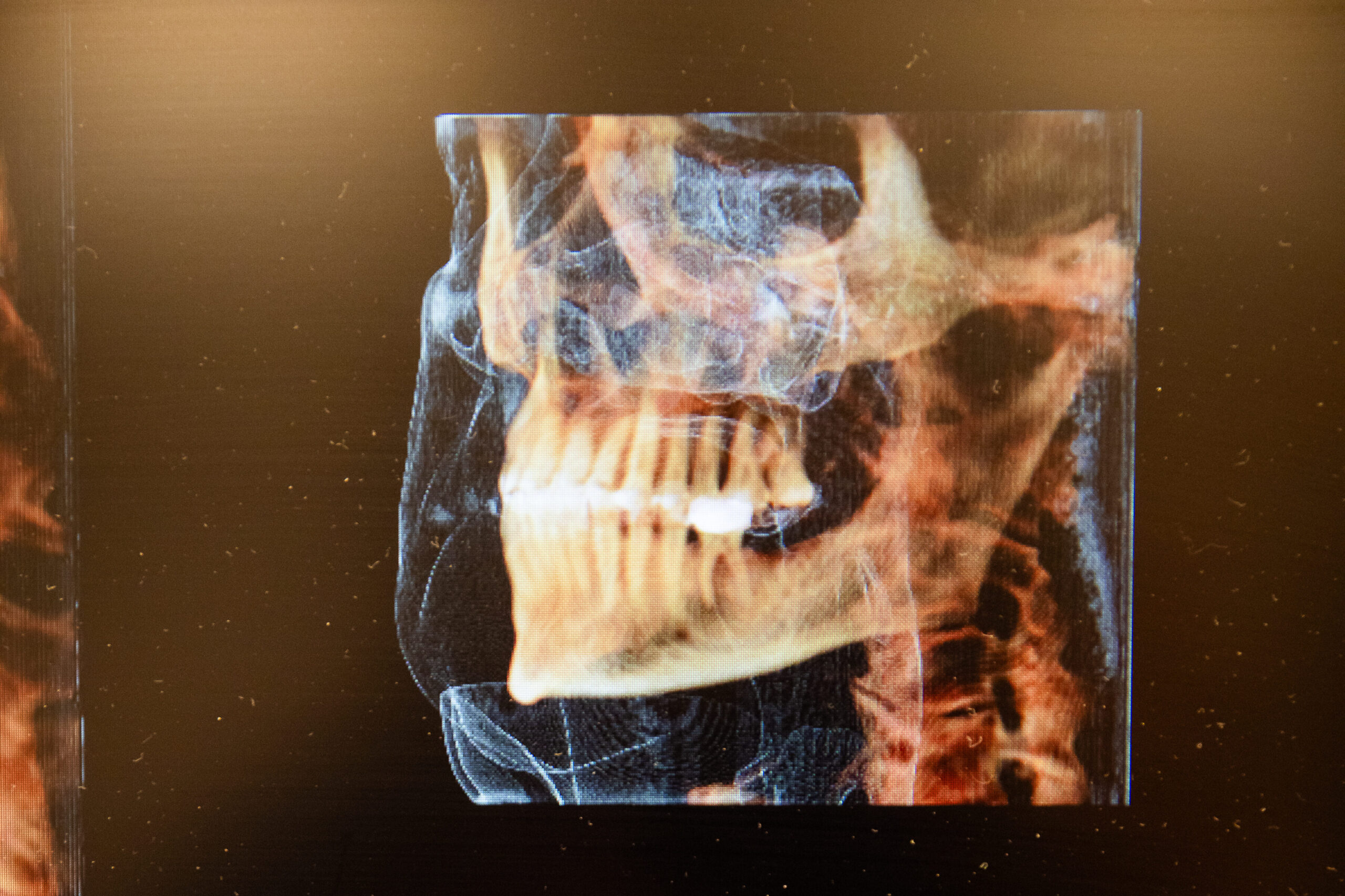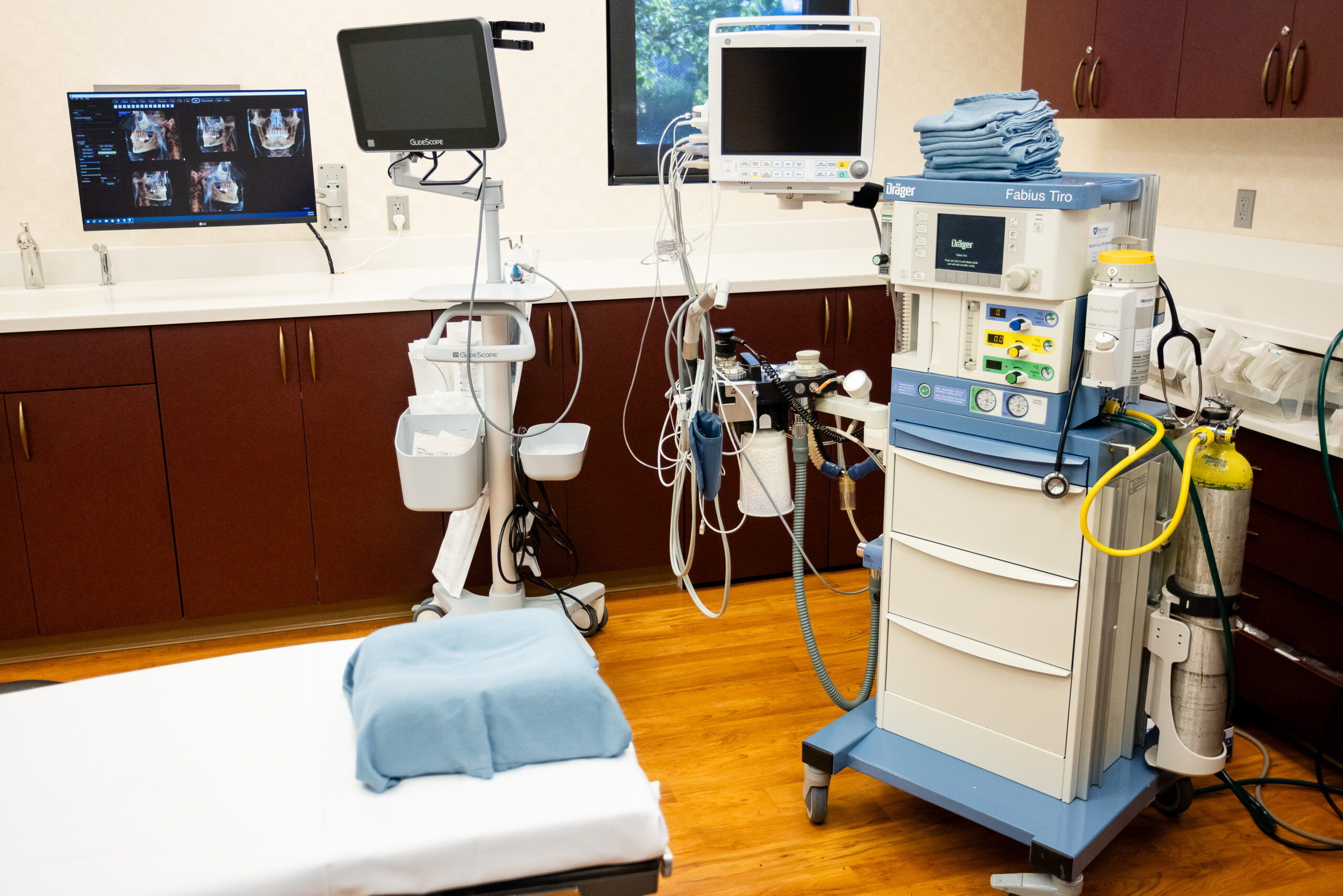Wisdom Teeth Extractions 101
Picture running into a neighbor or coworker and noticing something different about them. Their cheeks are puffed out and swollen, kind of like a chipmunk, and when they talk, their words are slurred. No, they didn’t just go a few rounds in a boxing ring. They’ve joined the nearly five million people each year who’ve had oral surgery to remove their wisdom teeth.
For people in their teens and early twenties, wisdom teeth removal is a right of passage of sorts. We all know someone who has had the procedure done. But what if yours aren’t causing problems? How can you be sure they need to come out? There’s a lot to know. But before we dive into all of that, let’s first talk about what wisdom teeth are and why we have them.
Early Humans Needed Them
In the most basic terms, wisdom teeth are the third set of molars at the back of our mouth. They’re called wisdom teeth because they’re the last teeth to emerge, sometime between our late teens and early twenties, when we’re older and “wiser.” However, these teeth are not as important as they once were.
Hundreds of thousands of years ago, when our human ancestors were roaming forests in search of food, wisdom teeth were essential. These third molars helped to grind down the raw meat and plants that were part of our ancestors’ diets. But as diets evolved and cooking became more common, the need for wisdom teeth diminished. So, if you really don’t need them anyway, how do you know when they need to be removed in oral surgery?
When to Consider Oral Surgery Extraction
Some dentists recommend having your wisdom teeth removed before age 25, when they have yet to fully grow in. This is because the roots in the molars are not fully formed and the bone in the jaw is less dense, which leads to a faster recovery time after surgery.

But let’s say you’re middle-aged, and still have your wisdom teeth. How can you be sure you need them extracted? If you’re experiencing any of the issues below, it’s probably time to call your dentist for oral surgery:
- They’re causing you pain.
- You have an impacted wisdom tooth.
- They’re crooked or sideways.
- You develop gum disease around your wisdom teeth.
- They haven’t grown in through the gums completely.
- A cyst or infection forms around one or more of your molars.
- You experience widespread tooth decay.
In most cases, however, dentists recommend having your wisdom teeth extracted as a preventive measure to avoid future problems. But let’s say you brush three times a day and floss every night before bed. Is it still necessary to have your wisdom teeth pulled?

Here Are the Long Term Benefits of Oral Surgery
When wisdom teeth become impacted, it can lead to serious issues, like pain, tooth decay, and infection. This is why dentists recommend having them removed early to prevent further complications down the road. Extracting your wisdom teeth before issues develop helps avoid these risks and ensures better long-term oral health.
But what if they’re not impacted? Should you still have them removed? If you care about the long-term health of your teeth, the answer is always going to be yes. Here’s why: Even if your wisdom teeth aren’t currently causing problems, they could lead to issues like decay, gum disease, or cysts later in life. Furthermore, serious complications associated with wisdom teeth tend to increase with age, which is even more reason to extract them now and safeguard your long-term oral health.
Your Oral Health Is Important
There are many reasons why people put off going to the dentist, but studies have shown that preventive oral care can save you money in the long run. By addressing dental issues early, you can avoid expensive oral surgery procedures like root canals, which may arise from neglecting routine checkups. Delaying visits to the dentist also increases the risk of serious oral diseases, such as tooth decay and cancer.
Regular care, such as wisdom teeth extraction, can prevent these issues and ensure better long-term oral health. And since wisdom teeth extraction is one of the safest and most common dental procedures, you can feel confident knowing that taking care of them now will lead to healthier teeth down the road.
Do you still have your wisdom teeth? Schedule a consultation with an experienced oral surgeon at Gallatin Valley Surgical Arts today to talk about an extraction plan that’s right for you!

